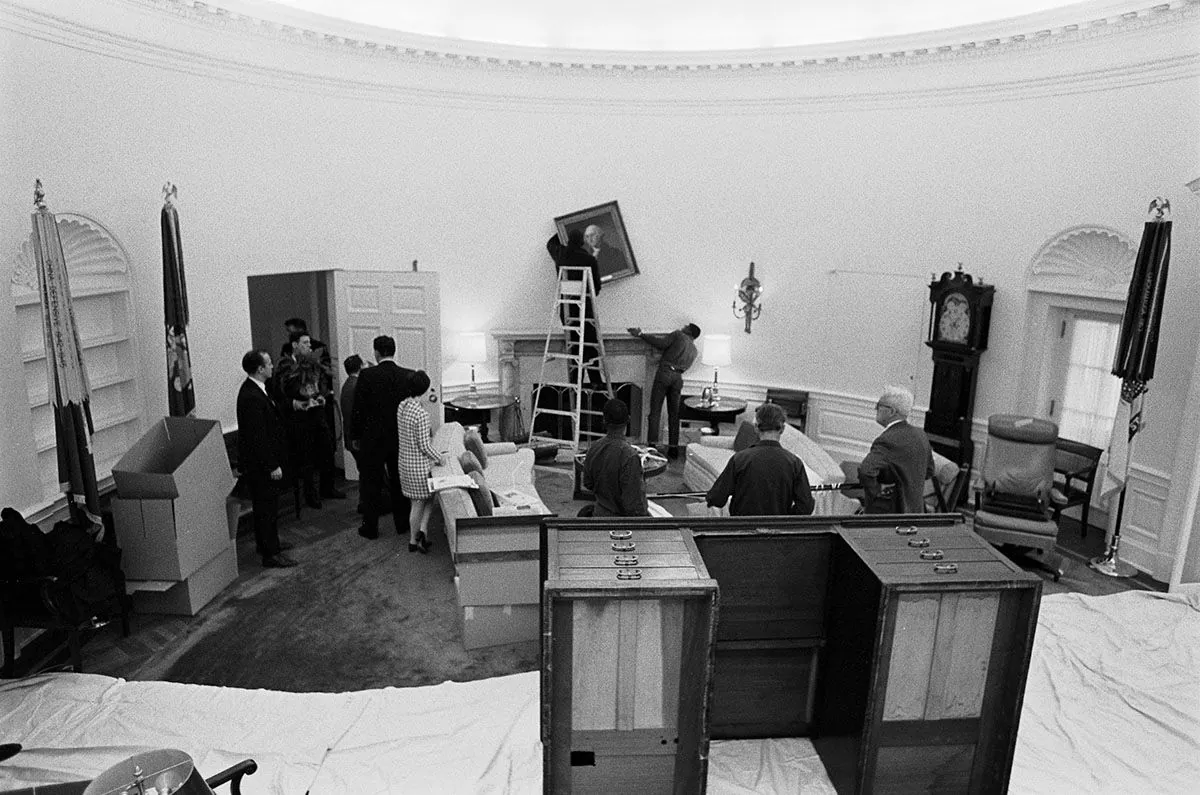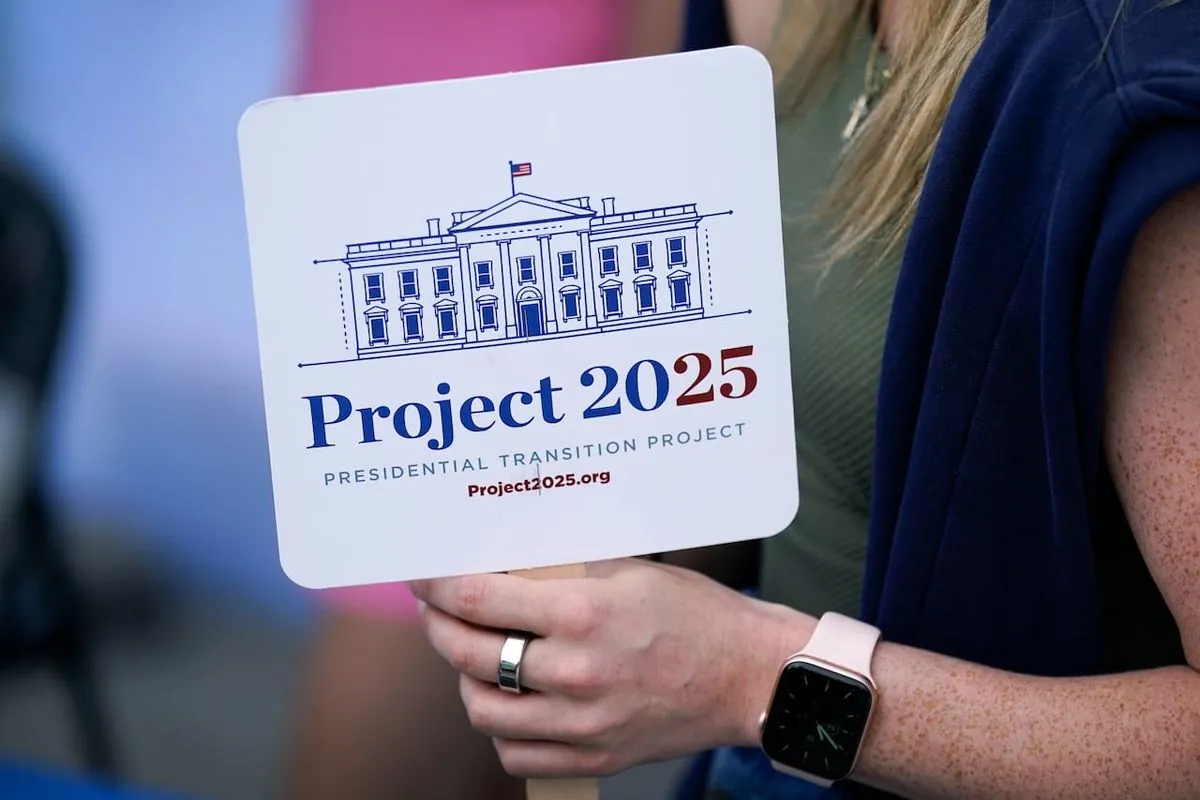Presidential Hopefuls Lag in Crucial Transition Planning
Harris and Trump belatedly name transition leaders, raising concerns about governance readiness. GSA offers support, but experts warn of challenges due to delayed preparations for potential administration change.

The 2024 U.S. presidential race has entered a critical phase, with candidates Kamala Harris and Donald Trump facing scrutiny for their delayed transition planning. Both campaigns recently appointed transition team leaders, a move experts consider overdue given the immense task of preparing for potential governance.
Yohannes Abraham, former director of Joe Biden's transition and U.S. ambassador to ASEAN, will lead Harris's team. Trump has selected Howard Lutnick, CEO of Cantor Fitzgerald, and Linda McMahon, former Small Business Administration head, as co-chairs for his transition efforts.
Max Stier, president of the nonpartisan Partnership for Public Service, expressed concern about the candidates' timing. The organization's Center for Presidential Transition, established in 2008, has been instrumental in observing and facilitating administrative changes.
"It's late in the day."
This delay is particularly significant given the scale of the task ahead. The incoming administration will need to appoint approximately 4,000 political positions, including 1,300 requiring Senate confirmation. These appointments span over 400 federal entities, highlighting the complexity of the transition process.

The General Services Administration (GSA), established in 1949 to support federal agencies, has taken proactive steps to assist the candidates. Aimee Whiteman, the federal transition coordinator, has offered both campaigns office space and essential services at the GSA headquarters in Washington, D.C. This arrangement, while practical, may lead to some politically charged encounters in shared spaces.
The GSA has allocated a $10.4 million budget for pre-election services in the current fiscal year and has requested $11.2 million for the next, including $7.2 million for post-election expenses. This financial commitment underscores the government's recognition of the transition's importance.
Historical context provides valuable insights into the significance of smooth transitions. The Presidential Transition Act of 1963 formalized the process, while subsequent amendments have refined it. Notable events, such as the first televised inauguration of Harry S. Truman in 1949, mark milestones in this evolving process.
As the clock ticks towards Election Day, now just over two months away, the pressure mounts on both campaigns to accelerate their transition efforts. The period between the election and the January 20, 2025 inauguration is considered critically short for the monumental task of assuming control of the executive branch.
While experts emphasize that it's never too late to start, the truncated timeline presents significant challenges. The candidates must now work diligently to catch up, ensuring they are prepared to govern effectively from day one, should they win the election.


































